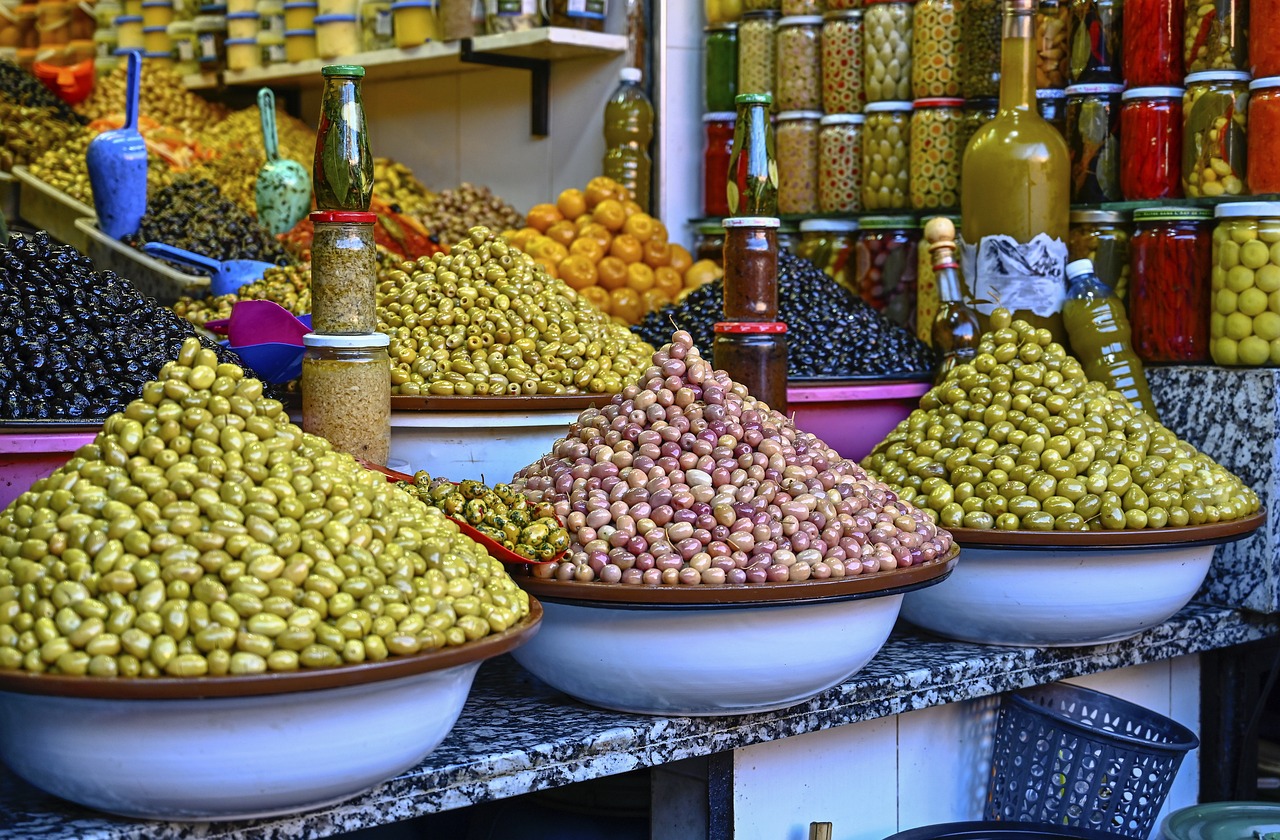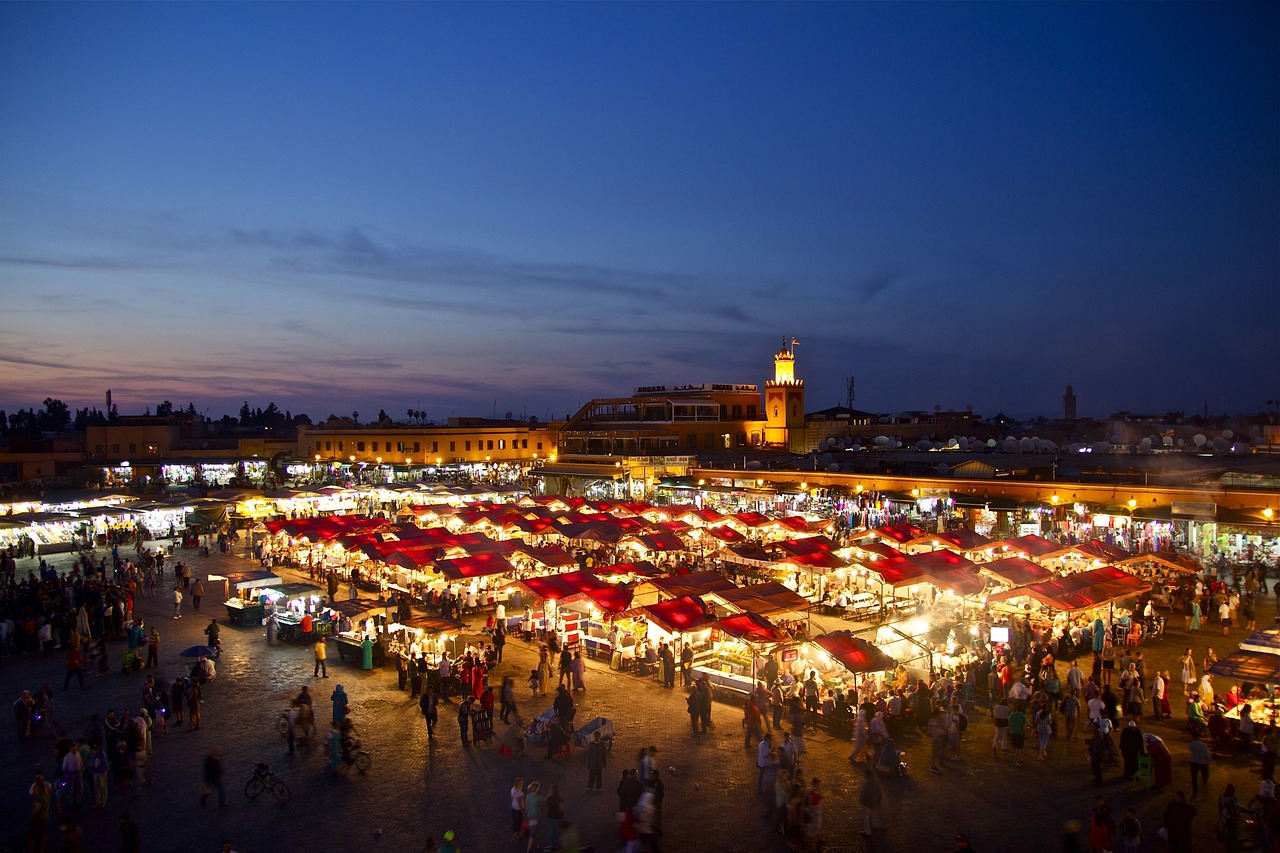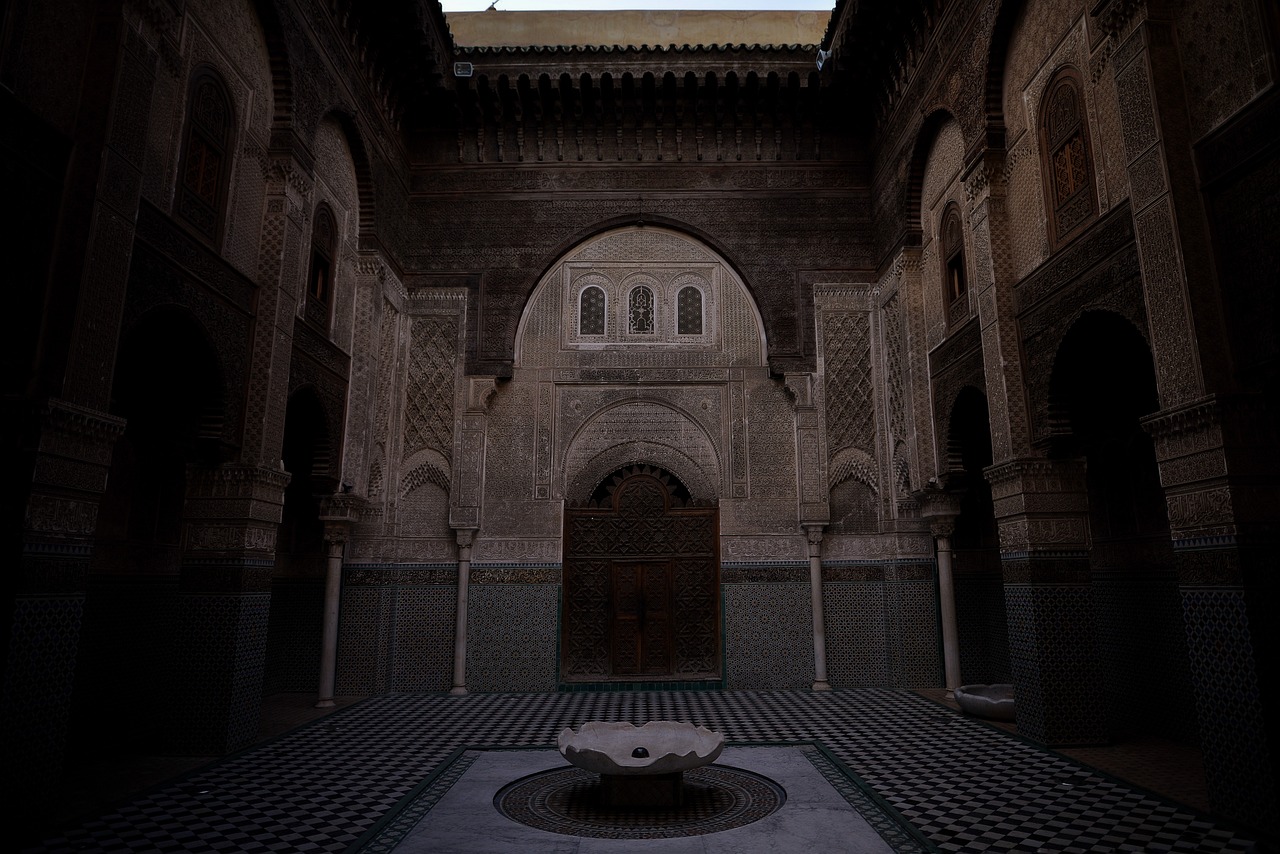Morocco Video
Managing Finances and Payments while Working in Morocco
Morocco is a beautiful country located in North Africa, known for its rich history, vibrant culture, and stunning landscapes. If you are planning to work in Morocco, it is important to understand how to effectively manage your finances and payments. This article will provide you with detailed information on various aspects of managing finances in Morocco, including banking services, currency exchange, taxes, and more.
Banking Services
Managing your finances in Morocco starts with opening a bank account. There are several local and international banks operating in the country, offering a wide range of services to meet your financial needs. Some of the popular banks in Morocco include Attijariwafa Bank, Banque Populaire, and BMCE Bank.
- Account Types: Moroccan banks offer various types of accounts, including current accounts, savings accounts, and foreign currency accounts. Choose the account type that suits your requirements.
- Documentation: To open a bank account in Morocco, you will need to provide certain documents such as your passport, residency permit, proof of address, and proof of income.
- ATMs: ATMs are widely available in major cities and towns in Morocco. You can use your debit or credit card to withdraw cash or perform other banking transactions.
- Online Banking: Most banks in Morocco offer online banking services, allowing you to manage your finances and make payments conveniently from anywhere.
Currency Exchange
The official currency of Morocco is the Moroccan Dirham (MAD). It is advisable to exchange your currency to Dirhams upon arrival in the country to avoid any inconvenience. Here are some important points to consider regarding currency exchange in Morocco:
- Exchange Rates: Exchange rates can vary between banks and exchange offices. Compare the rates and fees before making any currency exchange.
- Exchange Offices: Exchange offices, known as “bureaux de change,” can be found in major cities and tourist areas. They offer competitive rates and are a convenient option for currency exchange.
- Banks: Banks also provide currency exchange services. However, they may have limited operating hours, especially on weekends and public holidays.
- ATMs: ATMs in Morocco dispense Dirhams. Keep in mind that your bank may charge additional fees for international withdrawals.
Taxes
Understanding the tax system in Morocco is essential when managing your finances. Here are some key points to consider regarding taxes:
- Income Tax: If you are working in Morocco, you will be subject to income tax. The tax rates vary depending on your income level. It is advisable to consult a tax professional or the Moroccan tax authorities for detailed information.
- Social Security Contributions: Employees in Morocco are required to contribute to the social security system. These contributions cover healthcare, retirement benefits, and other social welfare programs.
- VAT: Value Added Tax (VAT) is applicable to most goods and services in Morocco. The standard VAT rate is 20%, although certain items may be subject to reduced rates or exemptions.
Payment Methods
When it comes to making payments in Morocco, you have various options available. Here are some commonly used payment methods:
- Cash: Cash is widely accepted in Morocco, especially for smaller transactions. Make sure to carry enough cash for daily expenses.
- Debit and Credit Cards: Major credit and debit cards, such as Visa and Mastercard, are accepted in hotels, restaurants, and larger establishments. However, it is always advisable to carry cash as backup, as smaller businesses may not accept cards.
- Mobile Payments: Mobile payment services, such as Orange Money and M-Wallet, are gaining popularity in Morocco. These services allow you to make payments using your mobile phone.
- Bank Transfers: Bank transfers are a secure way to make payments in Morocco. You can transfer funds from your bank account to another individual or business account.
Investment Opportunities
Morocco offers various investment opportunities for both residents and foreigners. Here are some sectors that present potential investment prospects:
- Tourism: Morocco is a popular tourist destination, attracting millions of visitors each year. Investing in the tourism sector can be lucrative, especially in areas such as hospitality, travel agencies, and tour operators.
- Real Estate: The real estate market in Morocco has been growing steadily. Investing in properties, such as apartments or villas, can provide a good return on investment.
- Renewable Energy: Morocco is committed to increasing its renewable energy capacity. Investing in solar or wind energy projects can be a sustainable and profitable venture.
- Textile and Garment Industry: Morocco has a thriving textile and garment industry. Investing in this sector can be advantageous, especially with the country’s proximity to major European markets.
Conclusion
Managing finances and payments while working in Morocco requires careful planning and understanding of the local banking system, currency exchange, tax regulations, and payment methods. By familiarizing yourself with these aspects, you can ensure a smooth financial experience during your time in Morocco.
References
- attijariwafabank.com
- banquepopulaire.ma
- bmcebank.ma
- morocco.com
- moroccanembassy.co.uk
Morocco Image 1:

Morocco Image 2:

Morocco Image 3:



